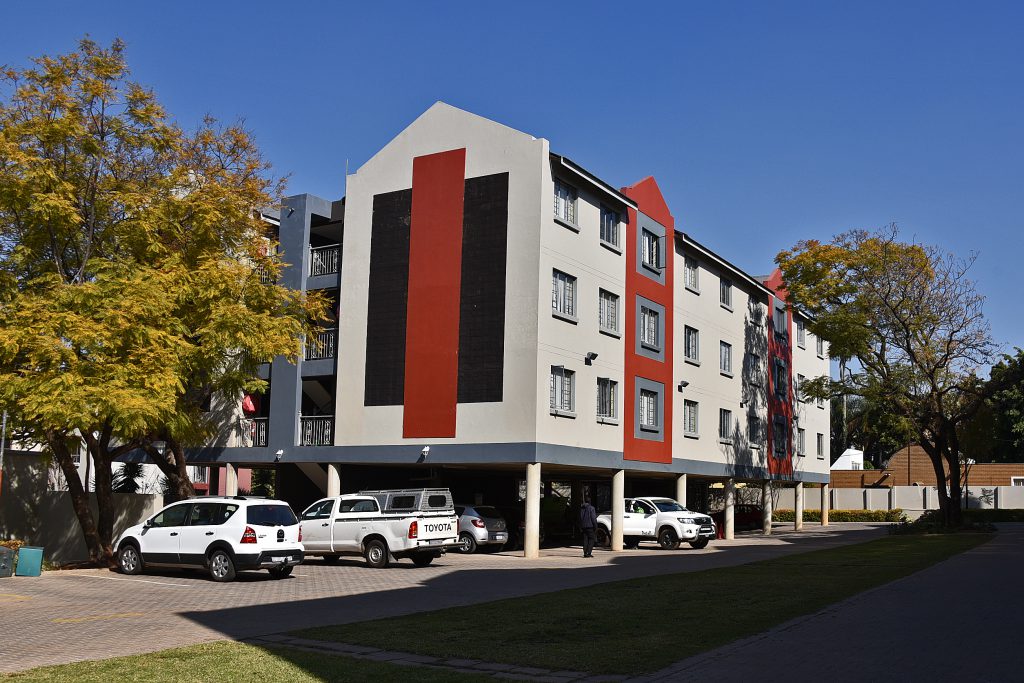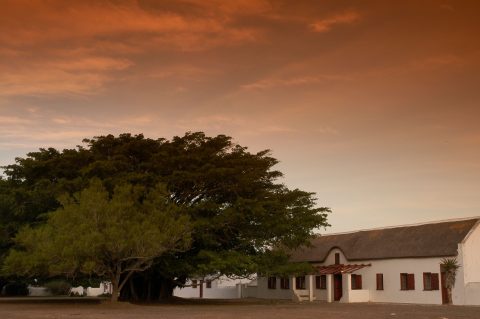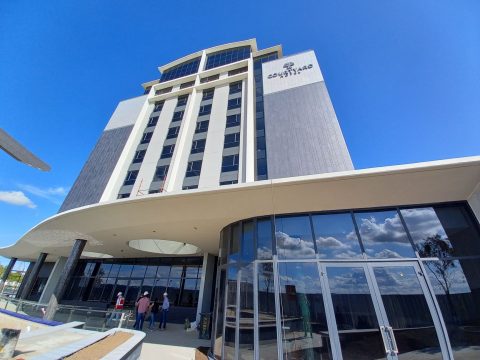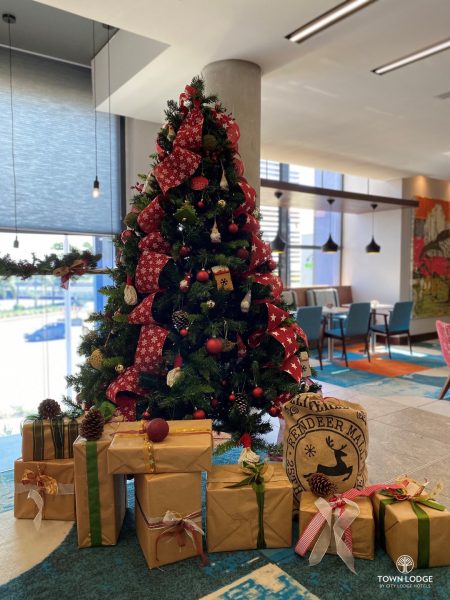Business Day Commercial Property
Student Accommodation: A For Asset Class?
“Student accommodation is not just business as usual in the property game. It’s complex, intense and much tougher than it seems.” It’s not a high-yield, high-return game either, he says.
That buildings should be built cost-effectively and run efficiently is a given. But, that’s just the start. “While you’re providing a physical product, this is not just about bricks and mortar. You are building a purposeful product that will include multiple extras such as a computer centre, recreation centre, 24/7 security and super-fast Wi-Fi,” says McMurray.
It is also about managing a community of students and creating support programmes by providing social and sporting activities, mentoring, tutors and counselling services — many impoverished students are catapulted into cities with a huge amount of pressure on them — as well as laundry and cleaning services.
McMurray says success depends on how well the physical facility, student administration and community management are managed. “Happy students will mean the facility is full the following year.”
Economy or upgrade?
Affordability is key, he says, but it’s complicated: every university is unique.
“Demographics are different at not only each university, but also each campus, and this impacts levels of affordability.” As with an airline that offers different classes of travel, a developer has to assess if there may be demand for “business class” accommodation, which translates to a higher level of privacy. Or whether an economy ticket — shared facilities — will be the preferred mode to get the student to their destination.
McMurray believes student accommodation comes with higher operating costs than is standard for commercial tenants. “Many costs are inclusive, so you have to manage these,” he explains.
Pepler Sandri, associate director of capital markets at JLL commercial property and investment management services company, is optimistic. He believes the purpose-built, high-quality student housing market in South Africa is similar to the UK equivalent in the late 1990s. “The sub-Saharan African student housing market is at an early stage of its evolution into a bona fide asset class that could match those in developed markets over time.”
His research suggests that the private sector currently provides about 430 000 beds to the public university market in South Africa (his figures exclude private universities and TVET colleges). Only about 50 000 of these are provided by recognised large-scale providers. This leaves nonspecialist providers to supply up to 380 000 beds, a supply gap waiting to be filled.
Investor reluctance
Yet Sandri says institutional investors are often reluctant to enter the market. He believes they’re waiting to see how the asset class fares through a full property cycle to prove its resilience.
As McMurray points out, internationally, this was an alternative asset class that’s matured to the extent that “many major institutions including pension and sovereign funds have put a lot of capital into student accommodation”.
He adds that “as South Africa doesn’t have the proportionate amount of international students and possesses a low level of affordability, private developers have to work hard to make it work.” Despite this, the company has low bad debt, thanks to tight collections processes.
McMurray says the student population is stable and growing and immune to macro-economic issues.
Sandri seconds that, saying that in the 2014 academic year, National Student Financial Aid Scheme (NSFAS) grants totalled about R9-billion, up from R5.6-billion in 2011. In 2018, about R21-billion was disbursed. “An increasing number of students enrolling for tertiary education means there is room to grow.”
Balancing act
JJP Group’s CEO Hansie Prinsloo, who built his first student accommodation in 1994 at the University of Pretoria, agrees that it’s a risk-sensitive market — and a balancing act. “It’s an axis that includes an operational role, a sound financial structure, and strategic qualitative issues.”
Official figures by the Department of Education estimated bed shortage in 2010 at just less than 200 000. It’s now estimated at 250 000. Throw TVET colleges into the mix and the figure more than doubles.
“The demand is obvious,” says Prinsloo. “Students need safe lodging and at least some of the comforts of home to reach their full potential.”
“About 80 per cent of the need is with NSFAS students, where accommodation is funded by student loans.” Prinsloo says this requires cost-effective building designs and operational costs kept under control. “We have to create value, not an extravagant lifestyle. While there may be no gym or swimming pool, some extras — included in the monthly rental — like top-notch security, utilities and cleaning staff are non-negotiable.”
Challenges ahead
Yet, there are still challenges. “Your properties will only be leased for about 11 months of the year, so there is no income for the last month. NSFAS accreditation also means adhering to norms set by the Department of Higher Education, and the developer must balance complying to any upgrading of standards annually with rentals.”
Also, the developer has to absorb any hitches and risk. Prinsloo says the Fees Must Fall movement saw some investors cut back on their investment portfolio in this sector.
Eris Property Group has taken a leap of faith in this market. Property development manager Johan Janse van Vuuren says student accommodation management is “an asset class on its own”.
The first development under Eris’ Rise Student Living brand, Units on Park, is aimed at University of Pretoria students. It opens for business in January 2020.
Janse van Vuuren says while the market is risky, he believes the risks are mitigated because economic downturns don’t typically affect this market. Eris spent three years doing market research — which was “quite a learning curve” according to Janse van Vuuren. He also sat with students talking about their priorities: affordability, good, fast Wi-Fi, good management and maintenance. “You can’t just give them a key and forget them,” he says.
“I believe there are excellent opportunities in this niche market,” he adds. “While the South African market lags about five years behind global trends in student accommodation, there are opportunities for investors, developers and property managers in student accommodation. The risk comes with a return.”
Eris is also hoping to attract investors to the Momentum Student Accommodation Impact Fund to help deliver quality student housing in South Africa. “It’s a way for investors to realise a financial return while contributing to social solutions that will benefit South Africa’s youth as they seek to attain an education,” Janse van
Vuuren explains.
McMurray says while it’s not likely to ever become “frothy” in a bull market, student accommodation is nevertheless a “defensive investment, which should outperform conventional real estate asset classes in a pressured economy”. It’s complicated, adds Sandri: “Student housing is a mix between a hotel and a rental apartment.”






 Sign-up and receive the Business Media MAGS newsletter OR SA Mining newsletter straight to your inbox.
Sign-up and receive the Business Media MAGS newsletter OR SA Mining newsletter straight to your inbox.